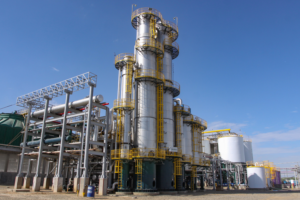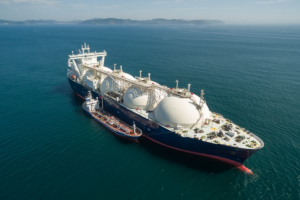Varo Energy’s CEO Dev Saynal has announced that Varo’s laboratory in Geertruidenberg, Netherlands, has been accredited under the EN 17025 standard. In a post on LinkedIn, Saynal said: ‘This significant achievement underscores our commitment to high-quality standards and technical excellence.’
The lab analyses fuel samples to ensure the quality of fuels Varo delivers from its Benelux terminal and retail network to our customers. With the ability to analyse 19 different specifications and over 20,000 samples annually, we have built a solid reputation for trust and reliability in our products.
‘Supporting our customers to help them achieve their sustainability goals, the EN 17025 accreditation now covers our Bio & Renewable content and Density analyses,’ says Saynal. ‘By integrating advanced technologies, we assure the quality and authenticity of our biofuels whilst enhancing efficiency and accuracy. Additionally, this enables us to adapt swiftly to changes in renewable fuel regulations, ensuring our customers always have access to compliant solutions.’









